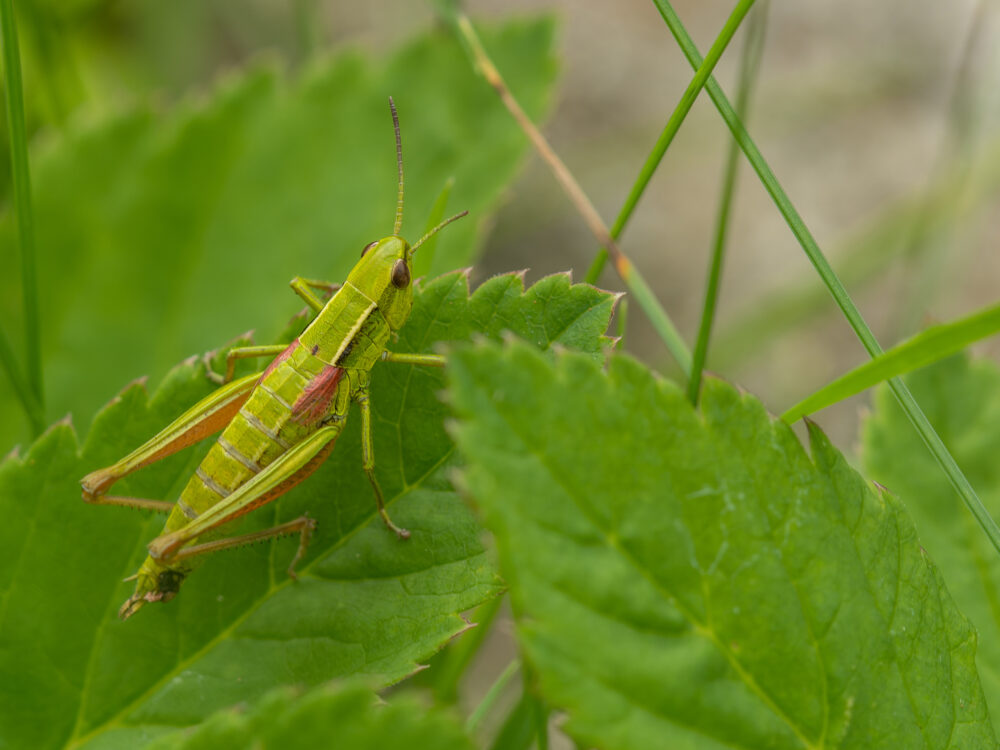Grasshoppers: More than Just an Annoyance for Your Landscape
Grasshoppers may evoke memories of childhood days spent chasing them in the backyard, but for homeowners and garden enthusiasts, these insects can be a significant concern. While they might seem harmless hopping around, grasshoppers have the potential to wreak havoc on your landscape. In this article, we’ll shed light on the real problems grasshoppers pose and how to mitigate their impact.

The Grasshopper: A Voracious Eater
At first glance, grasshoppers appear benign. But underneath that calm exterior lies an insatiable appetite. They are known to consume half their body weight in a single day, which can lead to considerable damage in your garden.
Feeding Frenzy: Plants at Risk
Grasshoppers aren’t picky eaters. They’ll munch on a wide variety of plants, leaving a trail of destruction in their wake. Some of their favorite targets include:
- Vegetables such as lettuce, carrots, and beans
- Ornamental plants like roses and sunflowers
- Various shrubs and trees
Unchecked, a grasshopper infestation can decimate your garden in no time.
Breeding Grounds: A Rapid Multiplication
Grasshoppers lay eggs in undisturbed soil, making gardens and lawns prime real estate for breeding. A single female can lay anywhere from 10 to 200 eggs, ensuring a new generation ready to feast on your plants.
Ecosystem Imbalance: The Domino Effect
An overpopulation of grasshoppers can create an imbalance in the local ecosystem. They can outcompete other herbivores for food and, in their absence, predators that rely on these herbivores may struggle to find food.
Protecting Your Landscape from Grasshopper Damage
Now that we’ve established the risks, let’s discuss the solutions. There are several measures you can take to protect your garden from these voracious pests.
Natural Predators: Nature’s Solution
One of the most effective ways to control grasshopper populations is by introducing or encouraging their natural predators. Birds, spiders, and certain types of beetles are known to feast on grasshoppers.
Insect-Resistant Plants: A Defensive Strategy
Certain plants are naturally resistant to grasshopper attacks. By integrating these into your garden, you can deter these pests. Examples include:
- Lavender
- Cilantro
- Sage
Seek Professional Help: Abracadabra to the Rescue
Sometimes, the infestation can be too severe for home remedies. In such cases, it’s crucial to call in the experts. At Abracadabra Lawn Pest & Weed Control, we specialize in identifying the root of the problem and implementing effective control measures to ensure your garden remains vibrant and healthy.
In conclusion, while grasshoppers might seem like mere annoyances, the damage they can cause is substantial. Being proactive and recognizing the signs of an infestation early on can make all the difference. Remember, a healthy garden isn’t just about planting the right things; it’s also about keeping the wrong things out. Contact us today for more information!


